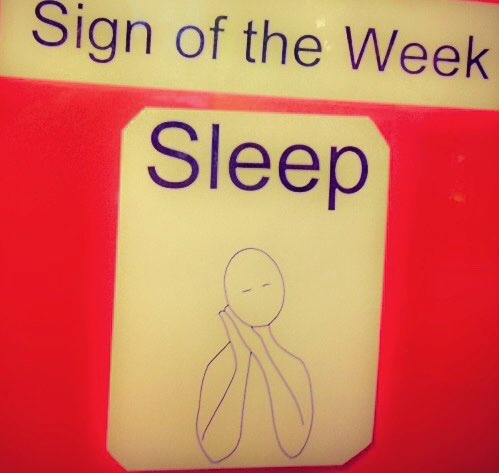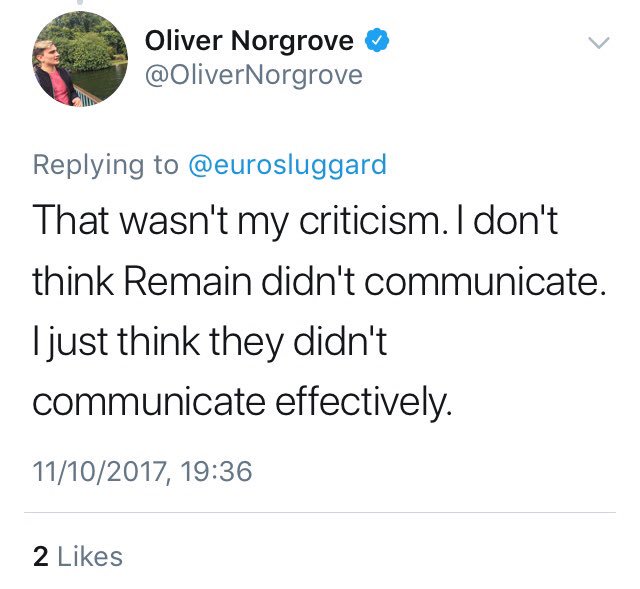A few key points:
@EvelinaLondon @maxdavie @RCPCHtweets
theguardian.com/society/2018/n…
Medication for most sleep problems, as in adults, is only appropriate after thorough assessment and where non-medication options have been unsuccessful
@TheSleepCharity
thechildrenssleepcharity.org.uk/parents.php
@jr_turnbull
Melatonin is used as *part* of an overall approach to treating sleep difficulties

It has very specific uses, and its effects are relatively limited.
Primarily in children it is used to support sleep ONSET
(more specialist uses need a specialist usually!)
ncbi.nlm.nih.gov/m/pubmed/29096…
It results in better daytime functioning of both child and parent, and can be the most important thing able to be done for some
As with ALL paediatric prescribing, we should only prescribe when we consider it is in the best interest of child and family, and where non-pharmacological interventions are not successful/sufficient.
Improving sleep can transform lives - and lifetime health trajectories.
Most common mistake is to ⬆️dose when efficacy appears to be lost.
If loss of efficacy IS related to dose, it’s usually because dose is too high, not too low: stop and restart at a lower dose!
Further queries should be discussed with their children’s own doctor
twitter.com/i/moments/9569…
Melatonin can be v effective to support specific sleep problems in children, with benefit to children AND families
It should be prescribed appropriately, as part of an overall assessment and management strategy for sleep, including behavioural interventions















